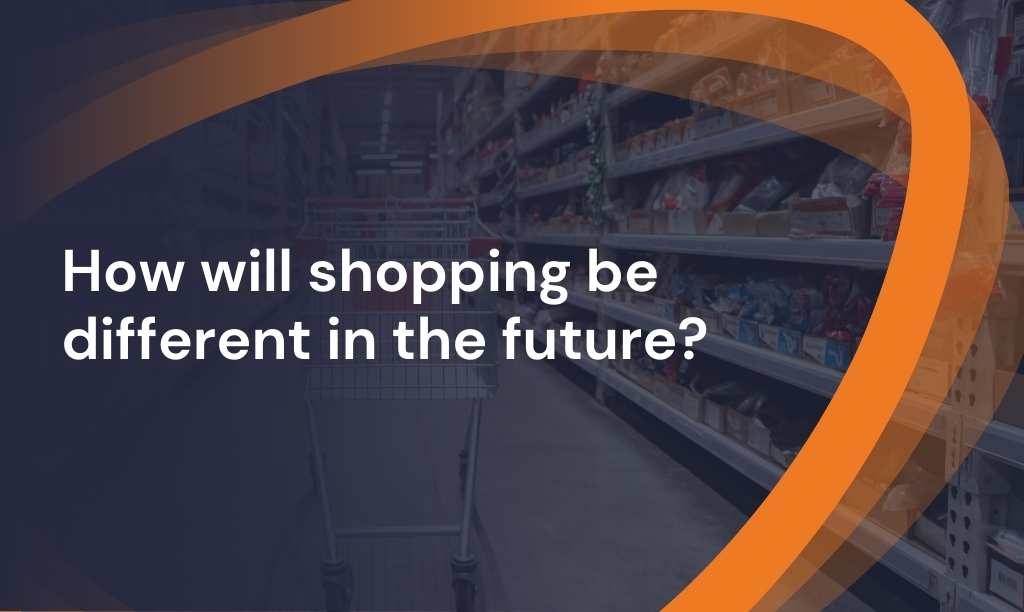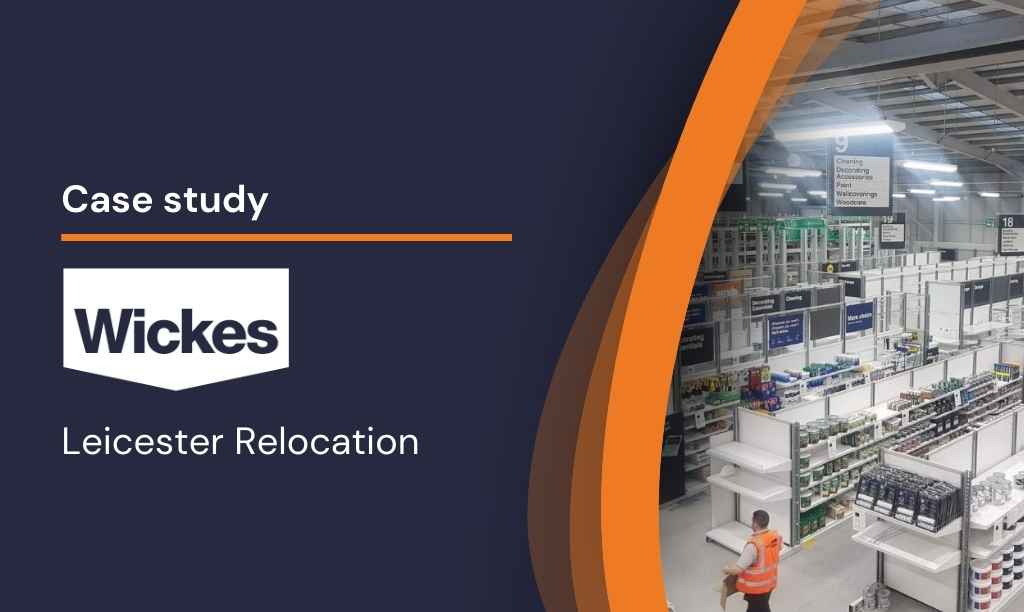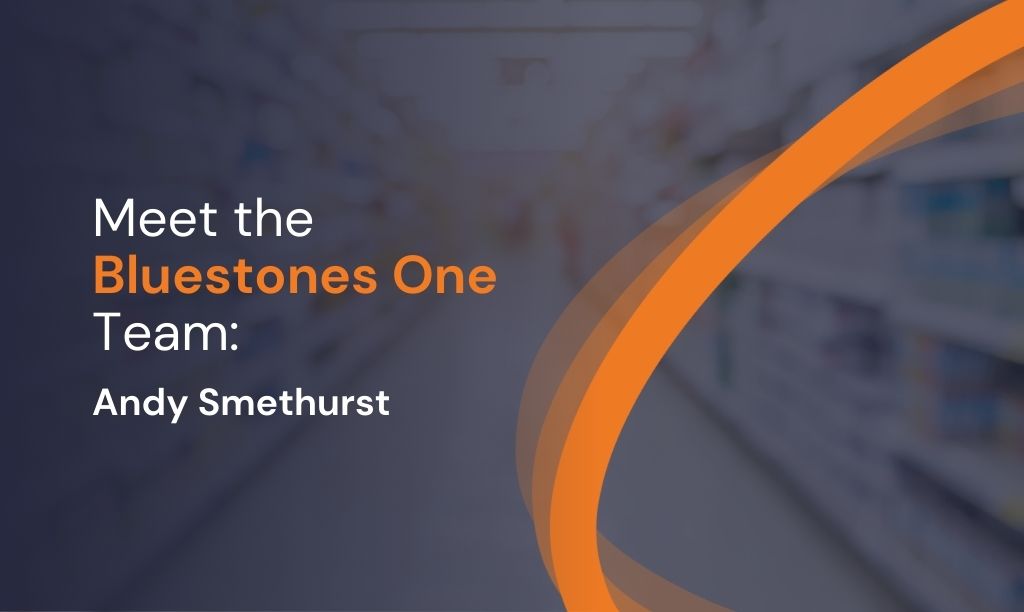Summary
How we shop and where we shop has already changed dramatically within the last 5 years (even within the previous year), and it will continue to change dramatically as consumer behaviours, technology and environmental demands evolve.
Many retailers, across various sectors, have already begun to implement changes to their brick and mortar stores to adapt to current pressures (from both the public, charities and government) and the next industrial revolution on the horizon, Industry 4.0.
What changes can we expect to see though, and which retailers are already ahead of the curve? Here are our top predictions, as well as the retailers that are part of the change.
Using new technology
How we shop and where we shop has already changed dramatically within the last 5 years (even within the previous year), and it will continue to change dramatically as consumer behaviours, technology and environmental demands evolve.
Many retailers, across various sectors, have already begun to implement changes to their brick and mortar stores to adapt to current pressures (from both the public, charities and government) and the next industrial revolution on the horizon, Industry 4.0.
What changes can we expect to see though, and which retailers are already ahead of the curve? Here are our top predictions, as well as the retailers that are part of the change.
Using new technology
Industry 4.0 isn’t just improving typical manufacturing processes; it is also having a direct knock-on effect with retailers in what has been coined Retail 4.0. With this digital revolution, consumers expectations have changed. Whether it’s the expectation of speed and convenience or seeking a memorable experience, retailers need to adjust to customers new sociological and psychological behaviours.
Amazon now has 12 stores across America that tick the boxes for speed and convenience, and memorable experience. The Amazon Go stores are designed so customers can walk in, grab want they want and walk out, all without having to queue or “check out”. Amazon describes their Go stores on their website as “pushing the boundaries of computer vision and machine learning to create a store where customers can simply take what they want and go.” Forbes even described the retail giant’s convenience shop as having the ability to change the way people shop. So far, a handful of retailers have tried to replicate the Go stores with their own checkout-free scan-and-go services, but none have yet reached Amazon’s use of technology. However, once new technology is implemented with one retailer, it usually snowballs, and experts predict that cashier-less stores will be the norm in 10 years.
A company that has successfully implemented a scan and go service is Nike. Businesses that don’t want to implement physical technology into their stores should follow the sports retailer’s lead. By packing their app with new features like unlocking in-store discounts and freebies, instant purchases and the ability to try on trainers without having to speak to staff, Nike has dramatically improved the shopping experience. By doing away with the need for banks of cash registers, Nike has also been able to redesign their store spaces with the customer in mind and display more stock on the shop floor.
It is a case of when, not if, that more retailers make use of the technology that is available to them right now – whether that is bringing tech in store or allowing customers to use it via the phone in their hands.




